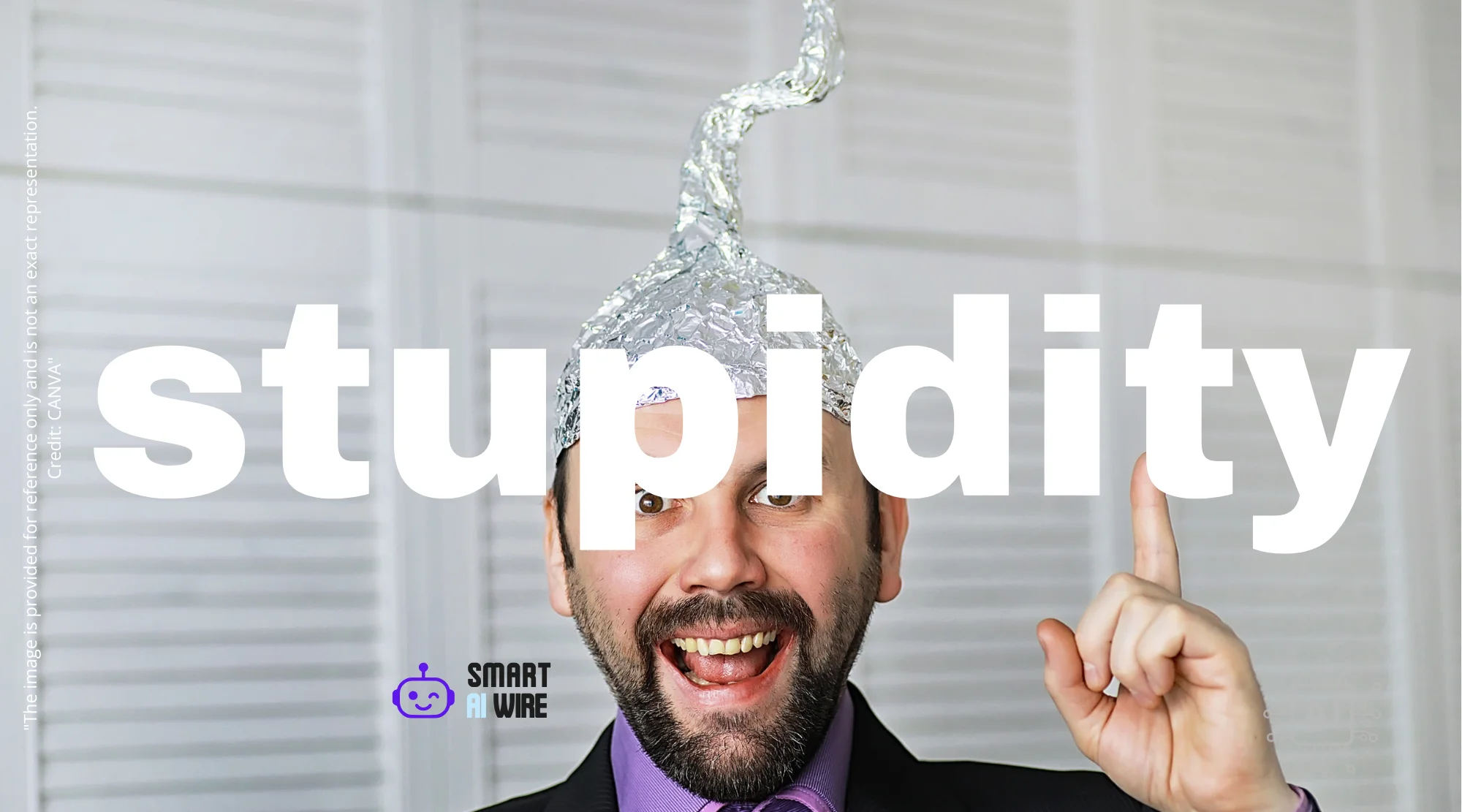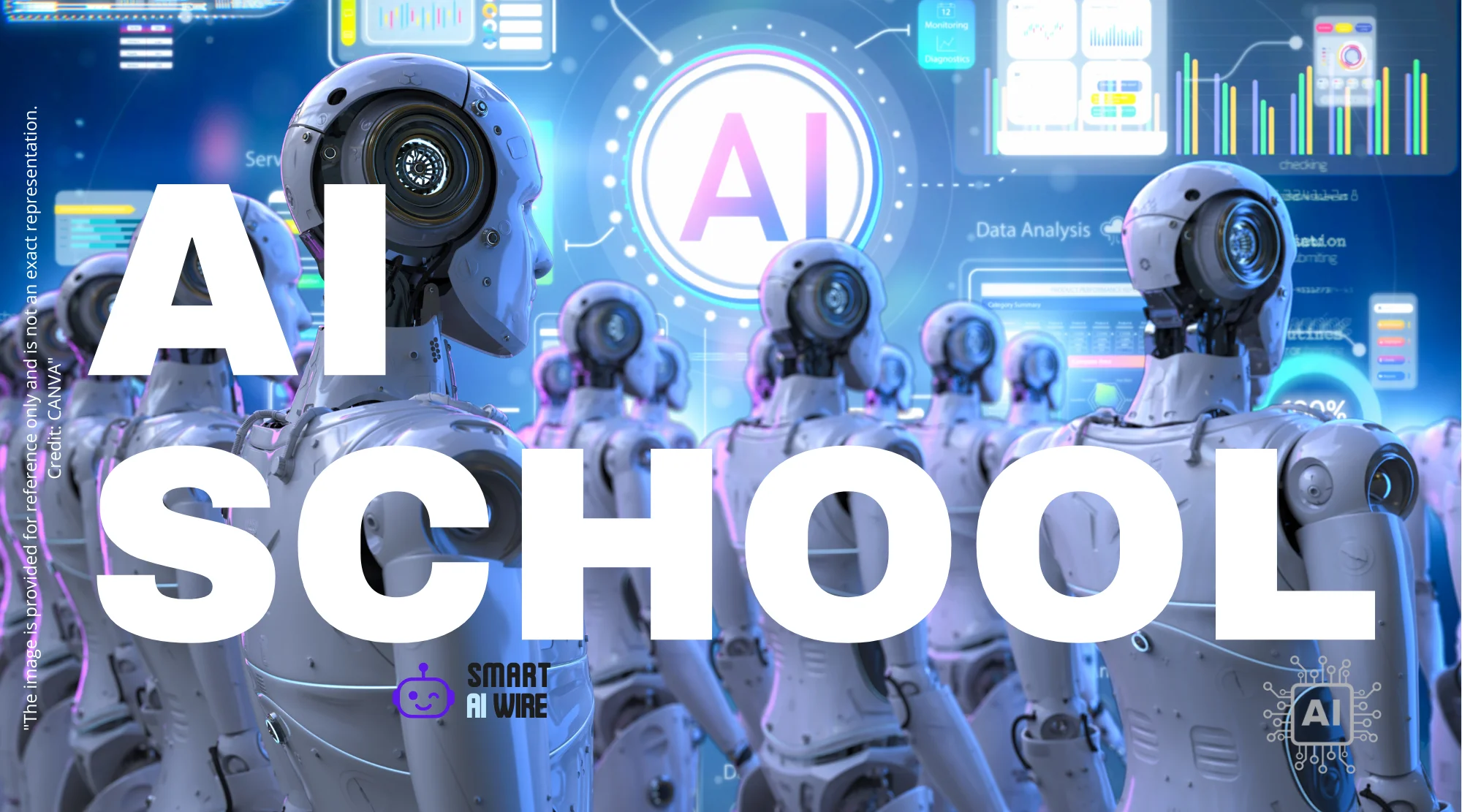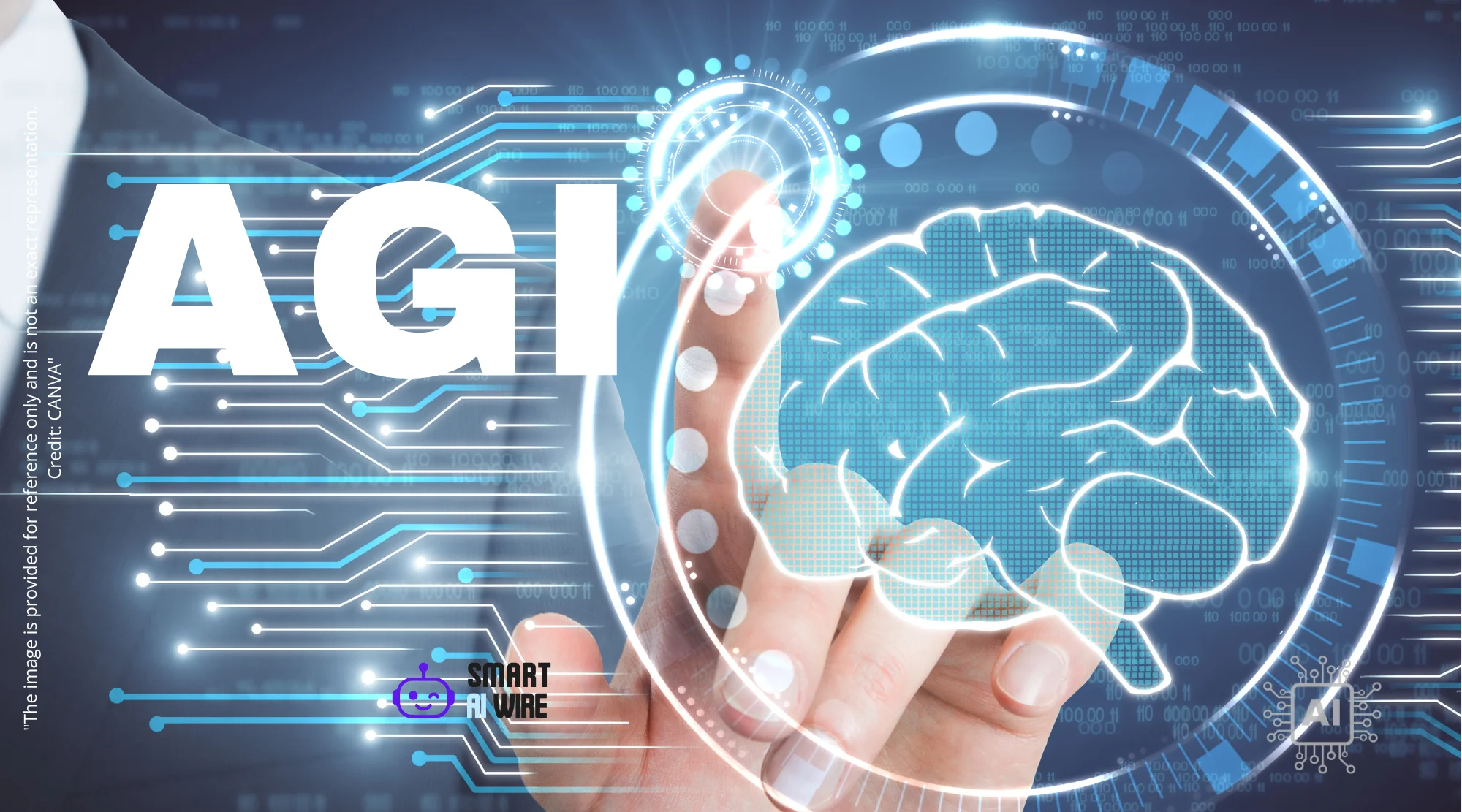The World Trade Organization (WTO) has issued a stark assessment of artificial intelligence (AI), highlighting its potential to both revolutionize global commerce and exacerbate existing inequalities. In its latest annual report, the organization frames AI as a double-edged sword, presenting a significant opportunity for trade expansion while simultaneously posing a challenge to equitable development. The report projects that AI could significantly boost international trade in goods and services, but only if proactive measures are taken to ensure its benefits are shared broadly.
This analysis comes at a critical juncture, as the global trade landscape is increasingly shaped by protectionist policies. The WTO’s findings suggest that AI could be a powerful catalyst for growth, potentially increasing the value of international trade by as much as 34% to 37% by 2040 and elevating global GDP by 12% to 13%. These projections are primarily driven by AI’s capacity to slash costs and significantly enhance productivity. However, the report doesn’t shy away from the inherent risks, warning that without careful management, AI could widen the divide between developed and developing nations and create disparities among different productive sectors.
AI: A Double-Edged Sword for Global Trade
The WTO’s comprehensive report, titled “Making Trade and AI Work Together to the Benefit of All,” delves into the multifaceted role AI can play in the current “complicated international landscape.” It acknowledges the burgeoning barriers to trade in goods and services, exemplified by recent tariff-driven trade disputes. Despite these headwinds, WTO experts posit that advanced technologies, particularly AI, can serve as a vital revitalization force.
As global commerce becomes more dynamic and fragmented, AI offers businesses innovative avenues to improve market visibility, mitigate compliance expenses, and navigate uncertainty more effectively. This ability to streamline complex processes and provide better data-driven insights is seen as a key driver of future trade growth. The report emphasizes that AI can help businesses overcome logistical hurdles, understand regulatory requirements more easily, and manage cross-border transactions with greater efficiency.
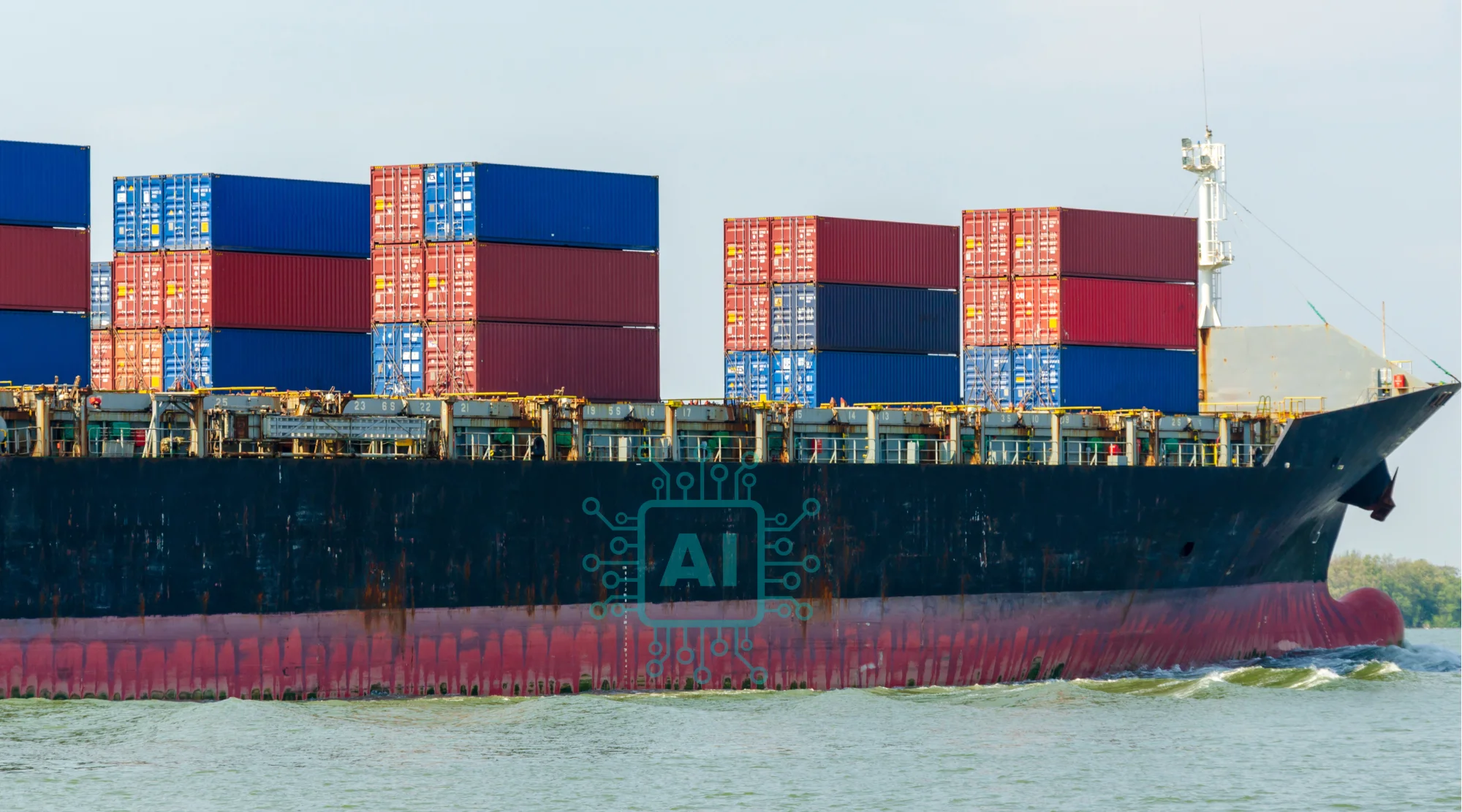
However, the WTO issues a stern warning: the gains from AI are unlikely to be evenly distributed. Countries lagging in digital infrastructure and adoption risk being left behind. The report estimates that low-income countries might see their incomes increase by only 8% due to AI, a stark contrast to the 14% projected for advanced economies. This digital divide threatens to deepen existing economic disparities, creating a scenario where the transformative power of AI benefits a select few, rather than fostering widespread prosperity.
To counter this potential outcome, the WTO advocates for the proactive implementation of specific policies. These include the development of inclusive regulatory frameworks that support AI adoption while safeguarding against misuse, targeted investments in digital infrastructure and skills development, and a significant reinforcement of international cooperation. Such measures are deemed essential to harness AI’s potential for good and prevent it from becoming a tool that amplifies global inequality.
Navigating the AI-Driven Shift in Labor Markets
Beyond trade flows, AI’s impact on labor markets presents another significant challenge. The report acknowledges that AI, with its broad capabilities spanning data processing to complex decision-making, could fundamentally disrupt existing employment structures. AI-driven applications often favor capital- and data-intensive production methods. This inherently places countries whose economies rely heavily on low-skilled labor at a competitive disadvantage.
This shift raises concerns about job displacement and the need for workforce reskilling. As industries increasingly adopt AI, roles requiring repetitive or predictable tasks may diminish. Consequently, there’s a growing imperative for educational systems and training programs to adapt, equipping workers with the skills necessary to thrive in an AI-augmented economy. The demand for expertise in areas like AI development, data science, and AI ethics is projected to soar, as highlighted in articles discussing AI Jobs Pay 28% More: Unlock Higher Salaries with These In-Demand Skills.
The report underscores that the “growing complexity of global trade,” compounded by widespread tariff impositions, is directly fueling the demand for AI-based solutions. These solutions are being developed to address a range of critical business needs, including the analysis of regulatory risks, the execution of audits, and the sophisticated analysis of purchase orders. The integration of AI promises to significantly reduce trade-related costs, which have seen an uptick due to tariffs and supply chain disruptions.
AI applications can streamline regulatory compliance, expedite contract execution, break down linguistic barriers that impede cross-border communication, and enhance the coordination between buyers and suppliers. This optimization of trade processes not only benefits individual businesses but also contributes to the overall efficiency and dynamism of the global economy. The potential for AI to act as a powerful facilitator in overcoming existing trade friction is a key takeaway from the WTO’s analysis.
Charting a Course for Inclusive AI Development and Trade
The WTO’s core message is clear: the future impact of AI on global trade and development is not predetermined. It hinges directly on the decisions made today. The organization emphasizes that with the “right investment” in digital infrastructure, worker training, domestic reforms, and international cooperation, AI can indeed expand opportunities and bolster the multilateral trading system.
This forward-looking perspective is crucial. It suggests that a proactive and collaborative approach can steer AI development towards a more equitable and beneficial outcome for all nations. Investments in digital infrastructure are paramount, ensuring that even developing economies have the foundational capabilities to adopt and leverage AI technologies. Similarly, comprehensive worker training programs are essential to equip individuals with the skills needed to adapt to evolving job markets and capitalize on new opportunities created by AI.
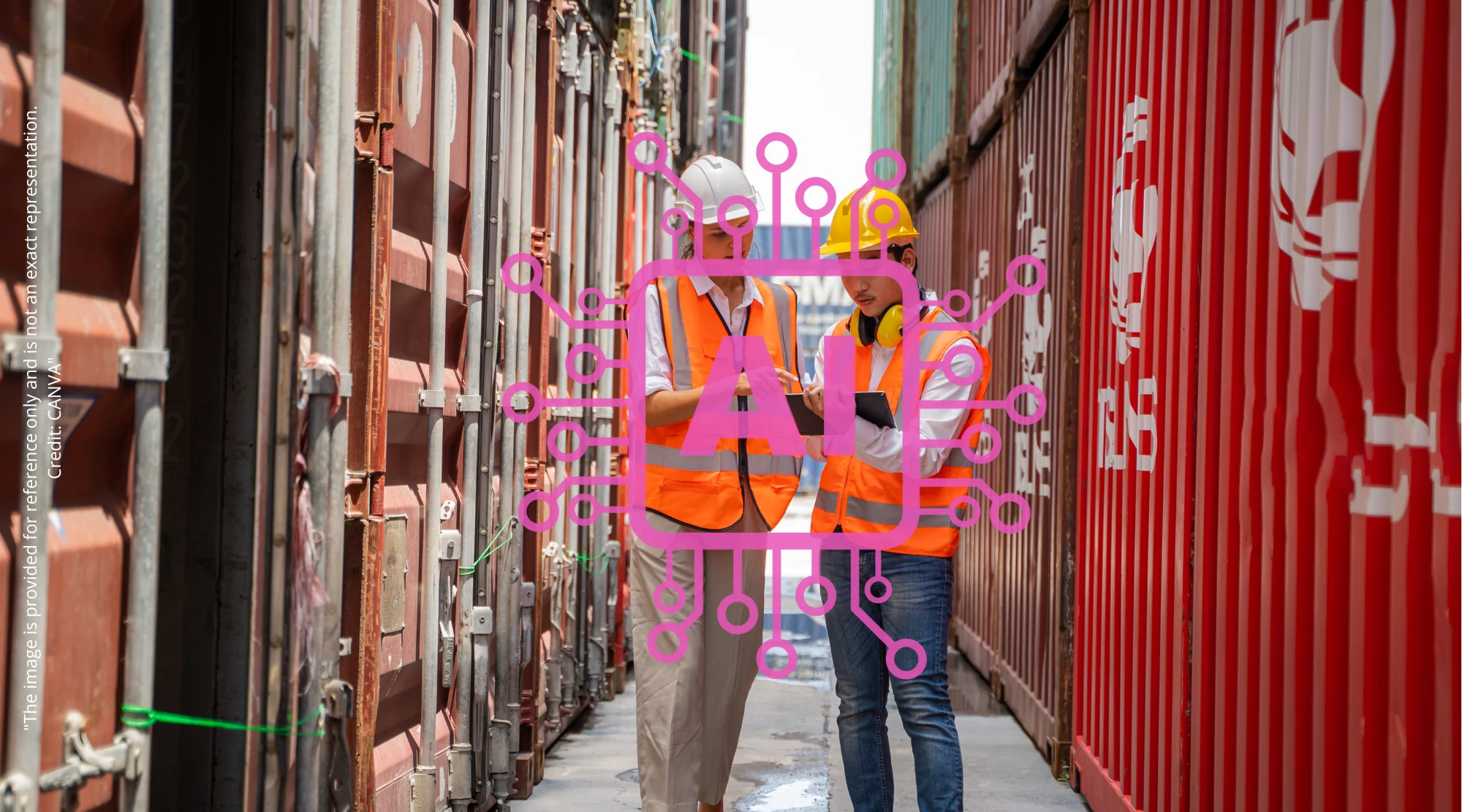
The report also calls for domestic reforms within countries to create an environment conducive to AI innovation and adoption. This could involve streamlining regulatory processes for technology companies, fostering research and development, and ensuring data privacy and security. Furthermore, the WTO stresses that international cooperation is indispensable. Sharing best practices, harmonizing regulations where appropriate, and providing technical assistance to developing countries can help bridge the digital divide and promote a more inclusive global AI ecosystem.
Without such deliberate and concerted action, the WTO warns, the existing gaps could widen, and the benefits of AI could become concentrated in the hands of a few. This stark warning serves as a call to action for governments, international organizations, and the private sector to work collaboratively. The goal is to ensure that AI serves as a force for global good, driving sustainable development and fostering shared prosperity, rather than exacerbating existing economic and social divisions. The potential for AI to reshape industries and economies is immense, and the WTO’s report provides a critical roadmap for navigating this transformative period.
The implications for businesses are profound. Companies that embrace AI can gain significant competitive advantages by optimizing operations, enhancing customer experiences, and developing innovative products and services. For instance, Top AI Business Applications 2025: Revolutionize Your Operations Now offers insights into how AI is already transforming various sectors. Moreover, understanding the nuances of AI development, such as Tokens and Embeddings Explained: The Core of AI Language Understanding, is becoming increasingly vital for professionals in the field.
The ethical considerations surrounding AI are also paramount. As highlighted in discussions around Grok AI Ethics: Navigating the Complexities of Content Generation and Safety, ensuring responsible AI development and deployment is crucial. This includes addressing issues of bias, transparency, and accountability, as well as safeguarding vulnerable populations. Recent reports, such as the FTC Probes OpenAI, Meta Over AI Companion Safety for Kids, underscore the importance of regulatory oversight and ethical guidelines.
The transformative impact of AI extends to virtually every aspect of modern life. From revolutionizing creative processes with tools like Google AI Studio: 2D Photos to Stunning 3D Models w/ Prompts and Google’s Gemini AI Image Editor Transforms Photos into 3D Models, to enhancing productivity in fields like product management with 9 Essential AI Tools Revolutionizing Product Management Productivity, AI’s influence is undeniable. The ongoing advancements, like Microsoft Invests $30 Billion in UK AI Infrastructure: A New Era of Innovation, signal a rapid acceleration in AI’s integration into global economies.
The future of work is inextricably linked to AI. While concerns about job losses persist, as discussed in AI Job Cuts Surpass 10,000 in 2025: Understanding the Impact and Future of Work, there is also immense potential for AI to create new roles and augment human capabilities. The AI Revolution: Understanding Artificial Intelligence’s Transformative Impact Today provides a broad overview of this phenomenon. Furthermore, the strategic use of AI tools, such as Gemini AI Prompts: Unlock Its Full Potential Now!, can empower individuals and organizations to achieve greater success.
The WTO’s report serves as a crucial reminder that technological progress, while promising, must be guided by a commitment to inclusivity and equity. The opportunities presented by AI are vast, but realizing them for the benefit of all requires a concerted global effort.

